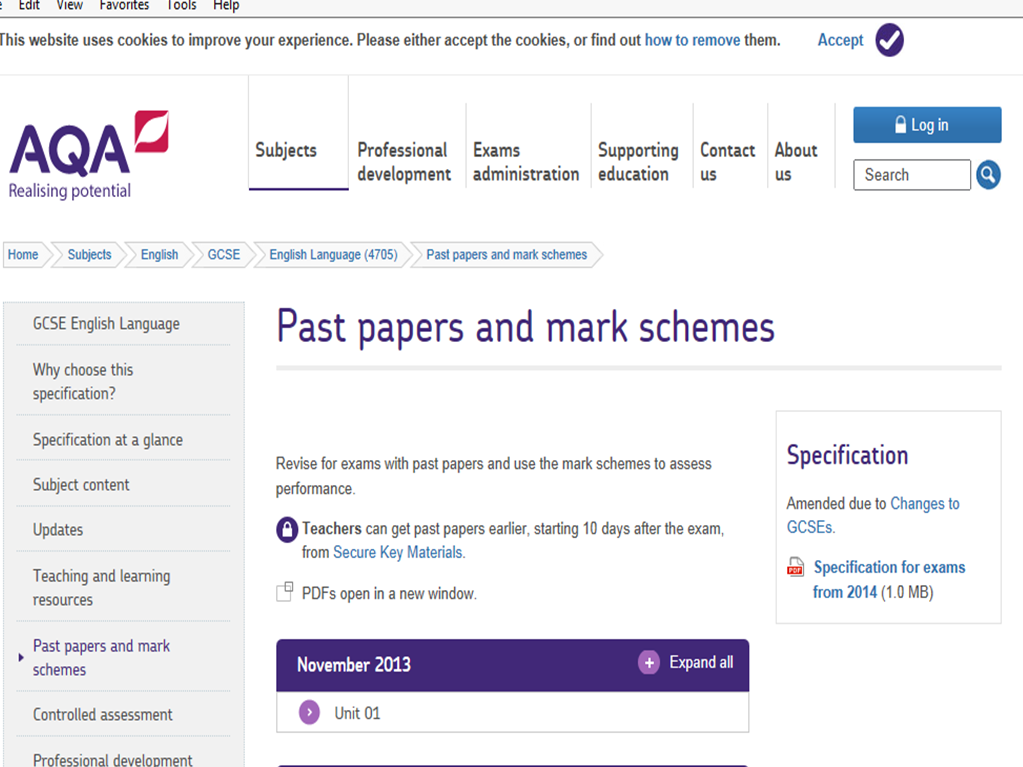Learn some impressive words here http://www.geoffbarton.co.uk/files/student-resources/GCSE-A*/GB-Top-level-vocab.pdf
Revision tip - type a paragraph and put it into 'Wordle' this will give you an over-view of the range of words you are using. Aim to improve these words if they seem dull.
4. Structure. Think about the structure of your work as it will impress the examiner if it is clear that you have thought about it. Think about hooking the reader and maybe leaving information to the end, use cliff-hangers or end with a thought-provoking statement.
5. Finally, use language techniques. Work out the GAP (Genre Audience and Purpose) and then tailor your writing accordingly. For example if it is asking you to be descriptive use similes, metaphors and imagery or if it asking you to be informative, use facts and statistics, etc.




